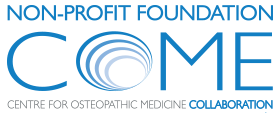The mechanisms of manual therapy: A living review of systematic, narrative, and scoping reviews
| By Patrick van Dun | 0 Comments
Treatment mechanisms are the underlying process or pathway through which a treatment influences the body. This includes molecular, cellular and physiological processes or pathways contributing to treatment effect. Manual therapy (MT) evokes complex mechanistic responses across body systems, interacting with the individual patient and context to promote a treatment response. Challenges arise as mechanistic studies are spread across multiple professions, settings and populations. The purpose of this review is to summarize treatment mechanisms that have been reported to occur with MT application … MORE







